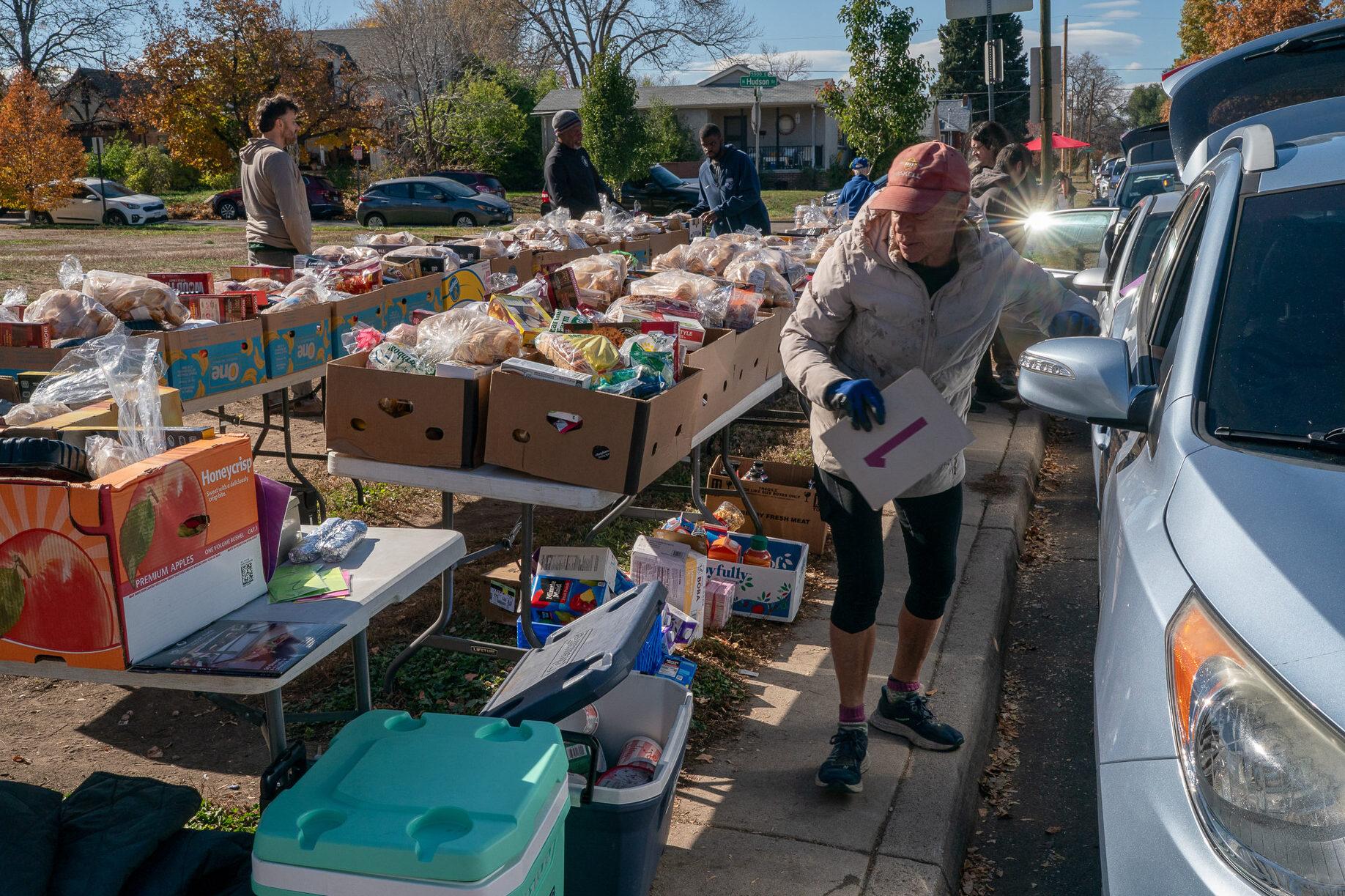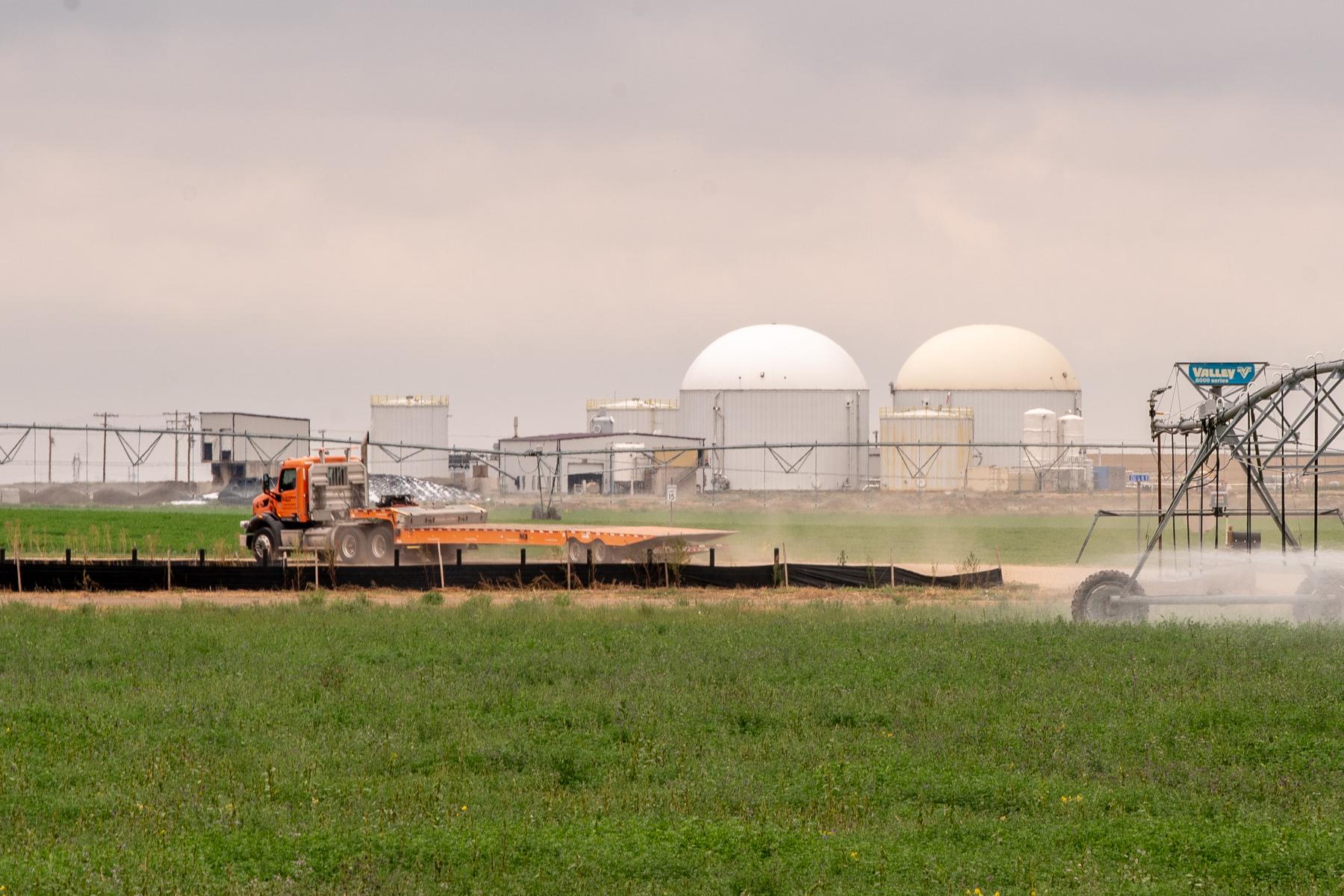
Updated 5:28 p.m., Feb. 28 — A bill that would have made it harder for libraries and schools to remove books from their collections failed in the Senate Education Committee Wednesday.
The bill was the subject of several hours of testimony on Monday, but its sponsors asked the committee to delay its vote while they worked on changes. On Wednesday, they offered an amendment that would have given school districts more flexibility to create their own processes to weigh objections to library resources from outside parties. The bill sponsors said they hoped the amendment would answer the concerns from school boards about the bill potentially infringing on local control laws.
That amendment failed 4-3, with Committee Chair Janet Buckner voting against it. On a subsequent vote, the unamended bill also ultimately failed, 5-2.
The original story follows below:
Some Colorado lawmakers want to put more brakes on how schools and libraries decide to remove controversial books from their shelves. But their proposal is running into some significant opposition.
Dozens of librarians, educators, and community members testified in front of the Colorado Senate Education Committee on Tuesday over SB24-049.
As introduced, the Democratic legislation would require school districts and public library districts to create a process that allows students, parents, or community members to formally object to materials, such as books, available in a school library or public library. Whether those items are removed would be decided by a committee named by either the local superintendent or a library director, using specific standards outlined in the bill.
The bill would also expand protections for librarians and library workers, making it illegal to discriminate “against anyone in the selection, retention, reconsideration, or display of a library resources.” Retaliation against an employee for refusing to remove library resources would also be illegal if the bill becomes law.
Bill sponsors said they introduced the legislation to combat a rise in book ban efforts impacting schools and libraries.
“Here in Colorado, safeguarding the freedom to read is not just a matter of literary access. It's a commitment to nurturing informed, engaged, and empowered citizens by fostering an environment where the exploration of diverse ideas is encouraged,” said State Senator Lisa Cutter.
Library directors and educators in attendance said that they’ve seen an increase in complaints from patrons and community members about certain materials they carry. The American Library Association said more than 1,900 books received challenges in 2023, the highest number of books challenged since it began keeping data about censorship in libraries over 20 years ago.
“At least 136 unique book titles have been challenged across Colorado in 2023. That is a 143 percent increase from 2022,” said Colorado Education Association President Amie Baca-Oehlert. “This increase is part of an extremist effort to inflame the culture wars. Most of the books challenged were written by or are about a person of color or a member of the LGBTQ+ community.”
Sam Charney introduced themself to the committee as a queer high school student and voiced their support for the bill, saying age-appropriate books about the queer identity should be readily available to young people who may be questioning their identity.
“By allowing everyone to be in the discussion of what kids should and should not be able to access in terms of educational knowledge, you'll allow kids to be able to learn and make their own independent life choices with all of the knowledge in the world behind them,” Charney said.
There have been several high-profile book bans in Colorado in recent years. El Paso County’s largest school district banned several books in 2023, including “Push” by Sapphire, “Identical” by Ellen Hopkins, and “Lucky” by Rachel Vail, after a parent group advocated against the titles, citing “sexually explicit content.”
The bill received opposition from school board associations, charter schools, and conservative groups. Their reasons varied. Representatives for school boards and charters argued the bill would interfere with local control rules.
“While I personally support the need for diverse materials in libraries and to ensure fair processes are in place for addressing objections, as a director of the [Colorado Association of School Boards], we continue to oppose this bill,” said Lisa Webster, a member of the Summit County School District Board of Education. “This bill still provides prescriptive language that usurps local control from locally elected boards of education.”
The bill’s sponsors said they are working on changes to address some of the concerns that it infringes on districts’ power to set their own policies, but opponents remain concerned.
Webster and other school board members noted that many districts already have processes in place to address complaints about library resources. They said the proposed bill, as originally written, would unnecessarily mandate a new process even though old ones still work.
Other groups, like the conservative organization Moms For Liberty, said the bill reduces parents’ rights. Their leaders objected to what they described as “obscene” content.
“What this bill is essentially doing is reversing our current [law] that protects children from pedophiles, providing them with pornographic material and criminalizes parents for trying to remove this material from our children's schools,” Kristy Davis, chair for Moms For Liberty El Paso County.
At the end of the three-hour session, the committee tabled the bill without taking a vote. Cutter said she and other co-sponsors will make significant changes before returning to the committee for action on Wednesday.
“I think we're solid, maybe with tweaks, to the public library side, and it's just a matter of what provisions we're going to include in the school library side,” Cutter said.
A planned amendment Cutter detailed would remove the required process school districts would have to abide by, and instead would allow them to review complaints about library materials in their own ways, as long as they have a detailed process in place.









